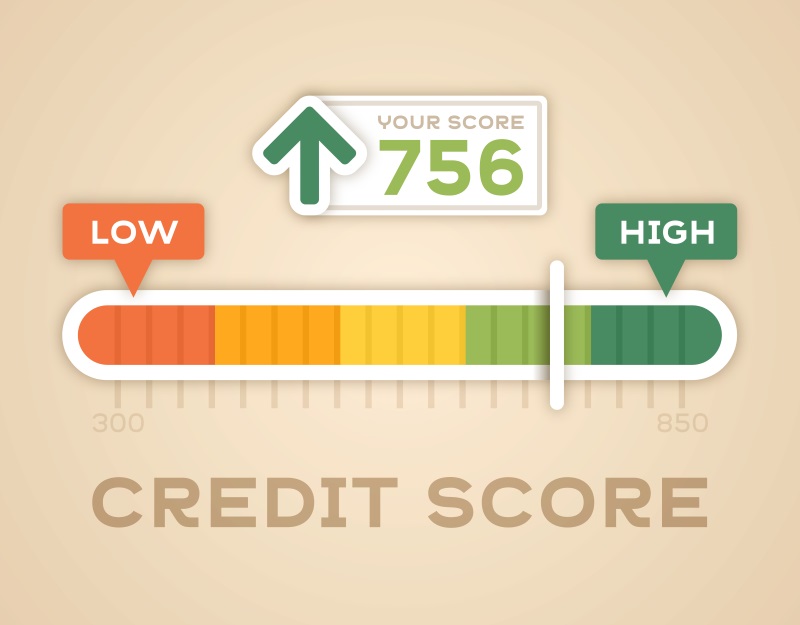Is it better to rent or buy?
This question largely comes down to personal preference and your long term goals, however there are some things all potential buyers should consider.
Most experts agree that if you are buying a house as an investment asset you will usually need to live in that house for at least five years before you see any potential gains. By definition investments are subject to market volatility, and have the potential to both lose and gain value over time. It is usually wise to view your property as a home first, and an investment second.
Time to put those high school math skills to use, and run the numbers. A month of rent does not equal a month’s mortgage payment. Be sure to weigh the additional costs of interest, property taxes, insurance, and maintenance that come along with owning a home. On the other side you also have tax benefits, and equity to take into consideration.

What is the difference between Traditional, REO, and Short Sale properties?
A traditional sale takes place when the owner of the property lists the property through the local MLS service usually with the help of an agent. As the name suggests this process is the most common, and therefore has the fastest turnaround time and easiest document process.
REO (real estate owned) may be more accurately called bank owned. These properties have gone through the foreclosure process, and the title now belongs to the bank. In this scenario you will not be buying the property directly from the previous owner, but rather from its current owner, the bank. Since the bank’s asset manager did not previously live in the property they are not obligated to disclose as much information about the property as a traditional sale would. It is up to the buyer to have the property inspected. Because the asset manager is working with multiple properties at once, the acceptance phase also often takes more time when purchasing an REO property. On the plus side it is possible to find some great deals with an REO, and it can benefit you to buy from an institution who does not have years of memories and emotions involved in the sale.
Short Sale properties fall somewhere in between Traditional and REO sales. Before the current owner is foreclosed on they have the opportunity to list the property as a short sale. In this scenario you will be purchasing the property from the previous owner, who may be more inclined to take less than the asking price since their negotiation with the bank prohibits them from making a profit on the sale. The downside is that the transaction process usually takes longer than a traditional sale. Again, there are deals to be found with Short Sale properties. Hopefully you’ve chosen a great agent and they will be able to advise you on what is available in your area, and will work best for your needs.







 Equal Housing Opportunity Lender Corp
Equal Housing Opportunity Lender Corp